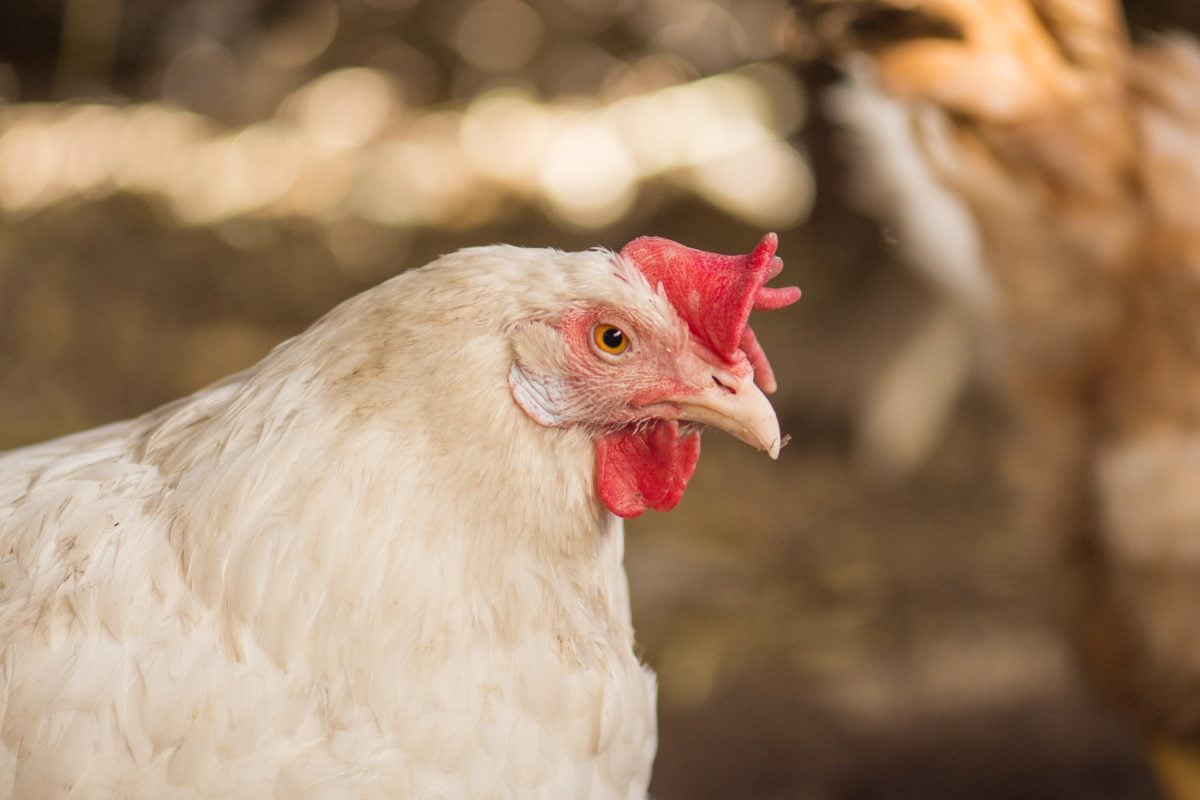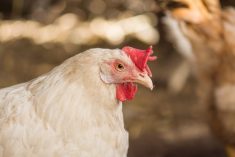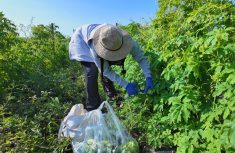Winnipeg — Canadian politicians are making announcements and promises as the country approaches the Oct. 19 federal election, but so far there has been little focus on agricultural issues.
Here is a look at some of the topics addressed by the major parties to date, with more platform announcements expected in weeks ahead.
Conservative party
Conservative leader Stephen Harper is in the process of negotiating the Trans-Pacific Partnership, a 12-country agreement involving a host of sectors, including agriculture.
The TPP has been touted by opponents as a threat to Canada’s dairy and poultry producers, who operate under supply management systems, which set down rigorous production quota limits for domestic farmers, and hefty tariffs on imports above prescribed limits.
Read Also

CFIA says regulatory changes will cut agricultural red tape
The Canadian Food Inspection Agency (CFIA) is set to make seven regulatory changes to cut red tape around agricultural production.
For other producers, such as beef, pork and grain farmers who export much of their production, the TPP is seen as a way to gain access to important Asian markets.
The federal government has announced support for supply management, and has said TPP deals will not be made unless they benefit Canada.
Harper has also overseen the Canadian Wheat Board sale, a wheat and barley marketing organization, to a privately owned company, G3 Global Grain Group.
The Conservatives have also implemented a five-year policy framework called ‘Growing Forward 2,’ a three-part investment by the federal, provincial and territorial governments to provide C$3 billion dollars to agricultural programs and services.
New Democratic Party
Tom Mulcair has proposed a payment protection program for produce farmers, which has been compared to the Perishable Agricultural Commodities Act (PACA) in the United States.
The act would protect businesses dealing in fresh and frozen fruits and vegetables.
Mulcair has said he supports and will maintain supply management.
The NDP proposed a food strategy that aims to invest in rural communities and address affordability issues for agricultural producers, implement business risk management tools, and disaster relief.
The proposal also would aim to give farmers the right to preserve, save, and condition seed for their own use, something which has been put at risk by the Canadian-European trade agreement, which included an updated Plant Breeders’ Rights Act. That act gives added patent protections to companies that develop new seed varieties.
Liberal Party of Canada
Justin Trudeau has proposed a policy to protect bees and other pollinators by introducing stricter management of neonicotinoids.
The party has pledged an additional C$200 million annually to create sector-specific strategies that support jobs and clean technologies in the forestry, fisheries, mining, energy, and agricultural sectors, although how those funds will be used has not been specified.
Green Party of Canada
Elizabeth May has proposed a shift toward organic family farming, and away from large-scale agribusinesses. The party does not support subsidizing manufacturers of agricultural chemicals, industrial food producers, or development of genetically modified organisms.
The party says the Canadian Food Inspection Agency (CFIA), should be reformed, saying the agency has a credibility problem and does not entirely exist to promote the health of Canadian citizens and land.














